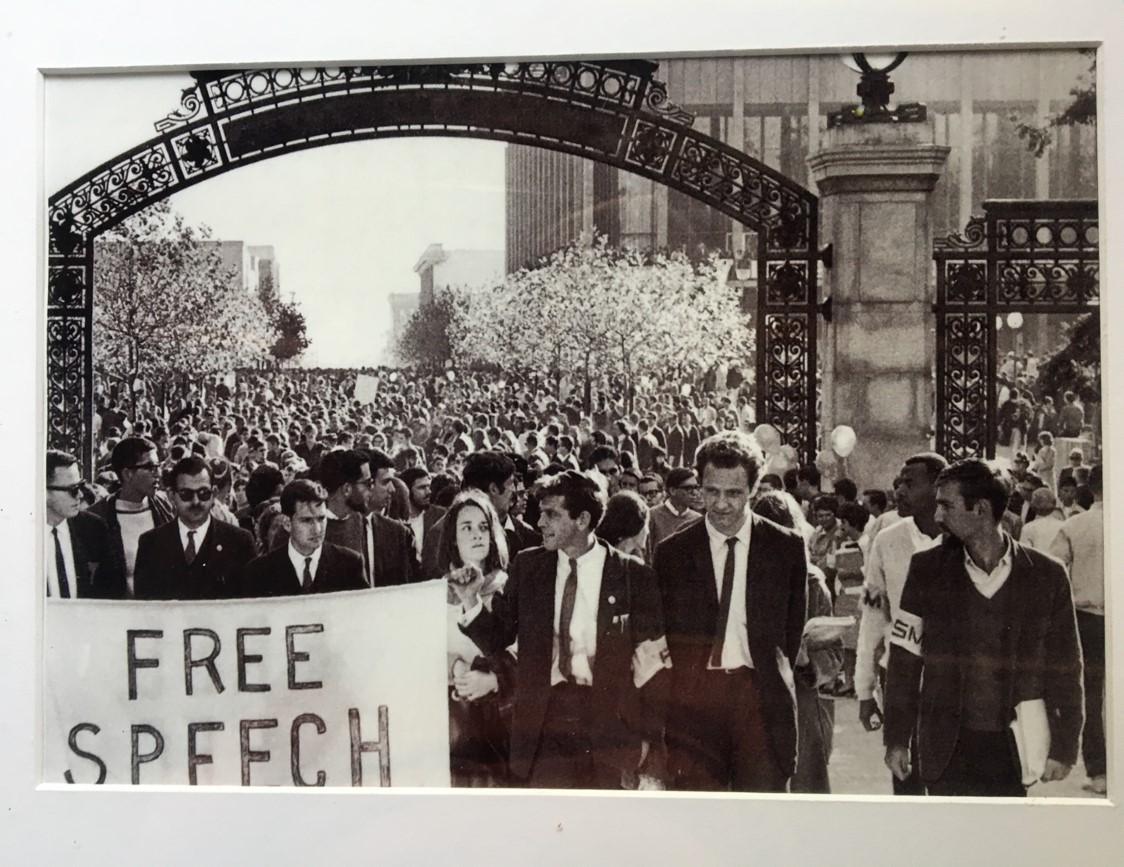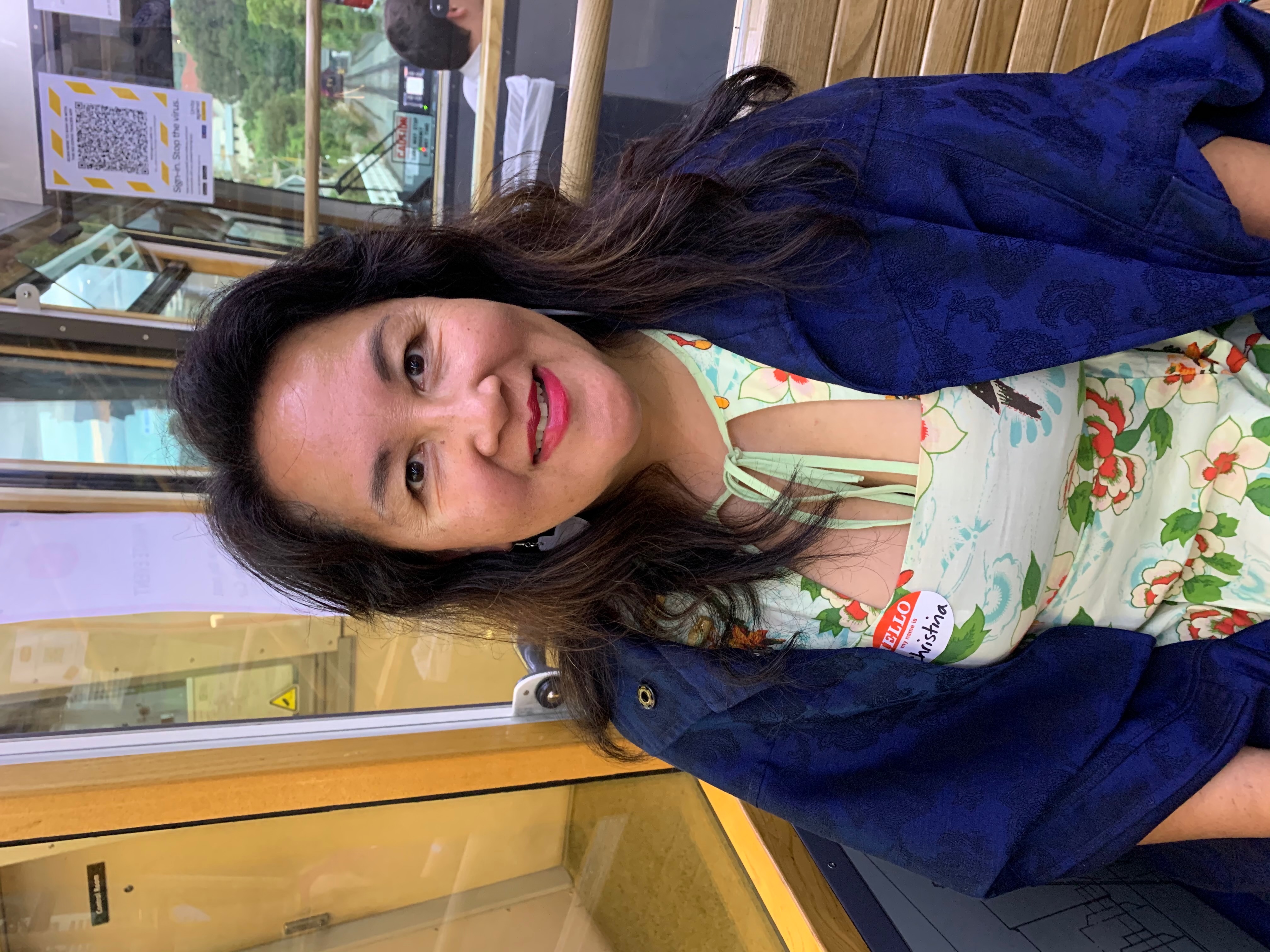By Kenneth Cloke,
 As I write, it is now the year of the 60th anniversary of the Free Speech Movement (FSM) at U.C. Berkeley, in which I was an active participant (I am at the far right in the photo.) It is also a time when free speech issues are again triggering campus conflicts, largely because of intense polarization over fighting in Gaza, and the mutually antagonistic activities of student supporters of Israel or Palestine.
As I write, it is now the year of the 60th anniversary of the Free Speech Movement (FSM) at U.C. Berkeley, in which I was an active participant (I am at the far right in the photo.) It is also a time when free speech issues are again triggering campus conflicts, largely because of intense polarization over fighting in Gaza, and the mutually antagonistic activities of student supporters of Israel or Palestine.
Starting in the 1980’s, I began working as a mediator, conflict resolver, and dialogue facilitator, helping thousands of people and hundreds of organizations with vastly differing opinions, many mired in hatred and enmity, discover that they could somehow, unexpectedly, talk to each other, engage in open, honest, constructive dialogue, improve their understanding, and solve common problems.

 By Christina Tay
By Christina Tay